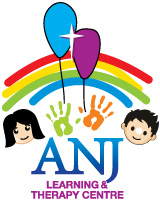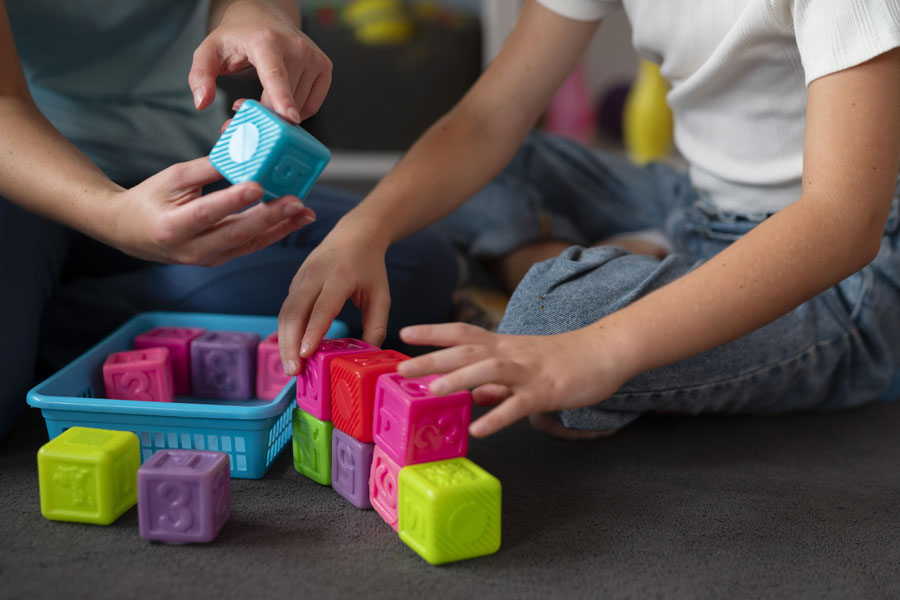How to Improve the Mental Health of Children and Adolescents?
Adolescents’ health and well-being during adolescence and into adulthood depend on safeguarding them from harm, fostering socio-emotional learning and psychological well-being, and guaranteeing access to mental health treatment.
At the state level, in schools, and with families, psychologists are creating and distributing solutions. They are trying to reorganize policies to help the most vulnerable children and teenagers, as well as investigating methods to enhance clinical training and capability. A psychologist involves in many therapeutic procedures to assist individuals to promote their mental health despite various circumstances.
Therapies to Improve the Mental Health of Children
1. Psychotherapy: Psychologists offer psychotherapy, a form of treatment that is frequently just as successful as pharmacological therapy, if not more so. Depression can be effectively treated, for instance, using cognitive and interpersonal psychotherapies. Young children might benefit greatly from psychotherapy as an alternative to pharmacological therapy by avoiding overmedication, unwanted side effects, and drug interactions. Anxiety disorders (including panic, obsessive-compulsive, and post-traumatic stress disorders), depression, substance or alcohol abuse, and many other disorders that can wreak havoc on a person’s personal, family, social, and professional lives can all be treated successfully with psychotherapy alone or in combination with medication.
2. Behavior therapy: Behavior therapy shows families and kids how to enhance a child’s positive behaviors while reducing or eliminating undesirable behaviors.
Parental behavior management training is one form. The therapist collaborates with parents to develop or enhance coping mechanisms for handling their child’s behavior. In therapy or at home, parents are urged to practice the techniques with their children. In order to assist the kid in their daycare or school, teachers might also receive training in behavior control.
The therapist often works one-on-one with the kid to educate them on how to make healthy behavioral choices when they are older children or teens. Parents may become involved to help their children gain the skills they need to succeed.
3. Cognitive therapy: The goal of cognitive behavioral therapy is to alter the emotions and beliefs that negatively impact a child’s behavior.
The therapist assists the youngster in being conscious of their emotions and ideas. The therapist also assists the kid in determining whether sentiments or ideas could be misguided or irrational and then guides the child through the process of altering thinking as well as the accompanying emotional responses and behaviors. Parents may also participate in cognitive-behavior therapy, which frequently works with the kid directly.
4, Interpersonal therapy: Depression in children and adolescents can be effectively treated with interpersonal psychotherapy (IPT), a brief therapy. It is predicated on the notion that, regardless of its biological or genetic causes, sadness manifests itself in the context of a person’s relationships. IPT has been modified to treat depressed adolescents (IPT-A) to address developmental concerns most frequently experienced by teenagers, such as parental separation, the emergence of romantic relationships, and the first exposure to a loved one’s passing. The IPT-A program assists the teenager in recognizing and developing more flexible strategies for resolving the interpersonal problems connected to the development or maintenance of their depression.
5. Dialectic Behaviour Therapy: Adolescent dialectical behavior therapy (DBT) was first created for suicidal, multi-problem teenagers and is an evidence-based therapy. Since then, it has been modified to serve better a wider spectrum of adolescents who struggle with emotional and behavioral management. Furthermore, DBT has been used in a variety of different clinical and non-clinical contexts, including schools, despite its origins as an outpatient psychotherapy technique.
DBT integrates a number of theoretical stances, including dialectical philosophy, mindfulness/acceptance, biosocial, and cognitive-behavioral. According to the biosocial theory of emotional dysregulation, a teen’s “5 problem areas”—namely, diminished focus/awareness, impulsivity, emotion dysregulation, interpersonal difficulties, and teen-family challenges—emerge from a relationship between a biological vulnerability and a disempowering environment.
The DBT treatment offers 33 skills that map onto the five problem areas, including a) mindfulness skills, b) distress tolerance skills, c) emotion regulation skills, d) interpersonal effectiveness skills, and e) walking the middle path skills. It also improves emotion regulation and decreases invalidating behaviors in the environment.
6. Motivational Interviewing: The therapeutic approach of motivational interviewing (MI) is predicated on the idea that ambivalence is a typical response to therapy but frequently impedes the process of healing. In order to motivate people who have previously shown ambivalence to address—and maybe acknowledge—their difficulties, MI is a therapeutic method. This strategy is frequently used with people who have eating disorders, substance use disorders, or who are resistant to change or even antagonistic to therapy (e.g., teenagers who are brought to therapy by their parents against their wishes).
Evidence shows that collaborative discussion, which is focused on change or “change talk,” can be successful in reducing drug use and other negative behavioral disorders. This therapy is frequently characterized by an emphasis on client-therapist verbal communication. MI aims to develop open communication that encourages customers to make changes that are internally driven. In MI, the emphasis is on empathy, self-efficacy, and optimism, and the client often talks more than the therapist.
Hence a psychologist involves in therapy sessions to aid in the healthy development of a child or adolescent’s mental well-being.

